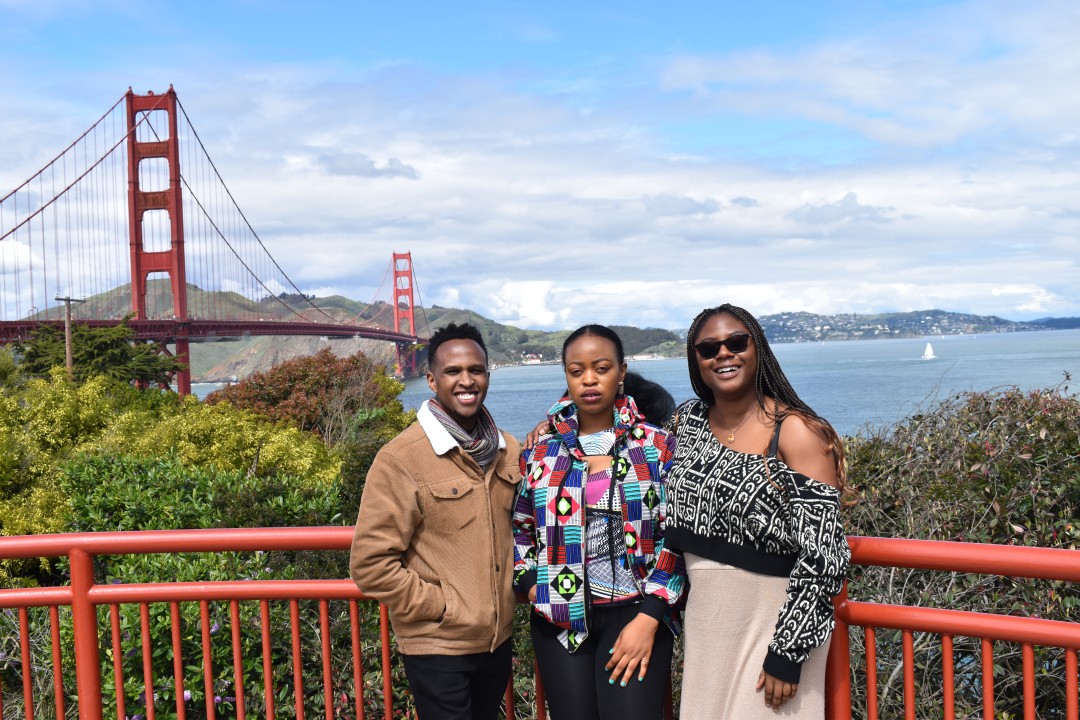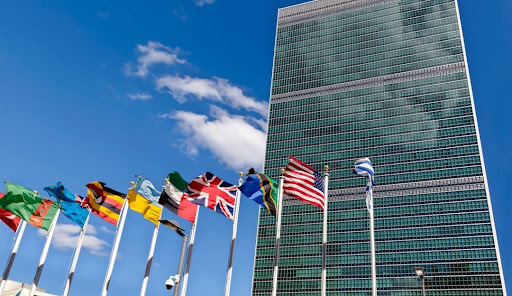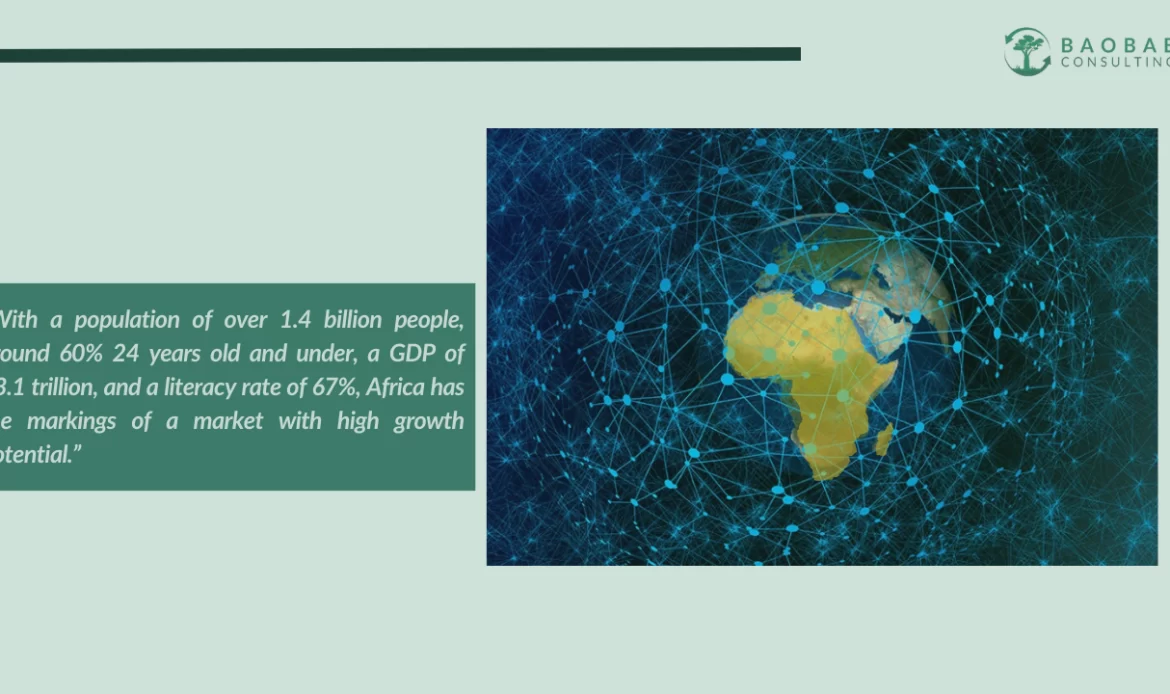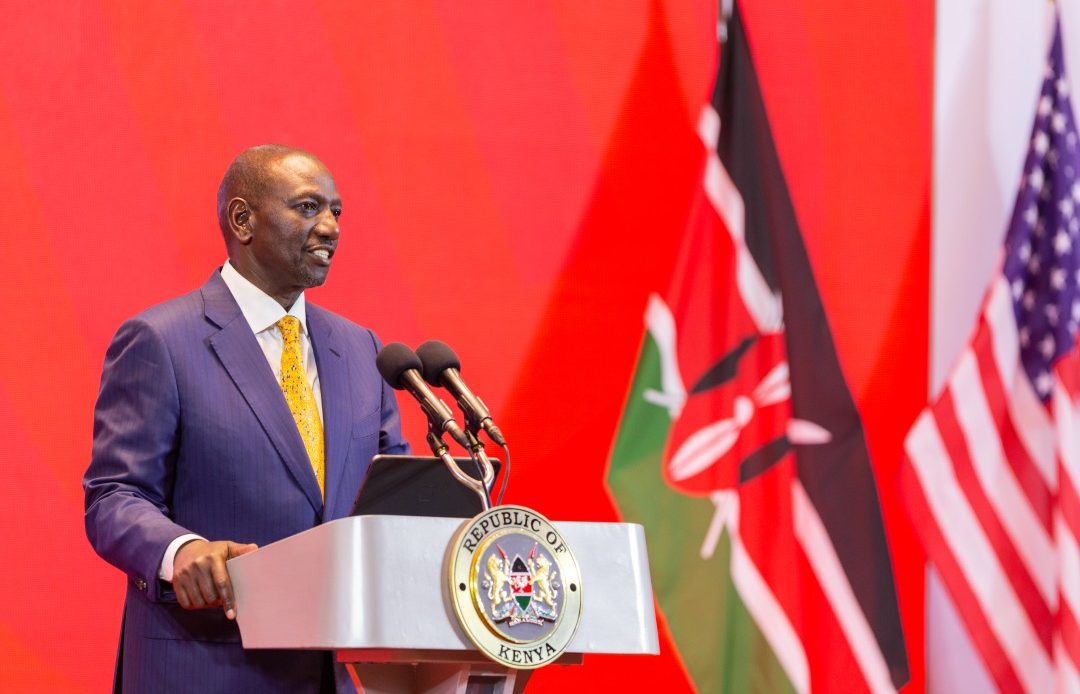By: Evelyn Dan Epelle and Damilola Aina
Teams composed of people with diverse cultural backgrounds, strengths, and skill sets collaborate effectively when they commit to a strategic plan to execute work. In a virtual-office environment, effective collaboration relies on communication and collaboration technologies that drive the operational process for teams of high productivity, efficiency, and speed.
Virtual offices became popular following the COVID-19 pandemic that forced many individuals and organizations to shift business operations online, enduring enforced lockdowns to curb the spread of the novel coronavirus. The pandemic accelerated the adoption of digital technologies, and the move to digital will likely endure in the long term. According to a report by the World Economic Forum (WEF), 33 percent of U.S. private sector businesses increased telework for some or all of their employees during the pandemic. In Africa, 42% of African employees work remotely at least one day a week.
At Baobab Consulting, an Africa-focused social impact firm founded in St. Louis Senegal, and headquartered in New York City, USA, remote work is not new. Since its inception, Baobab Consulting has leveraged a remote-first structure in its business operations and was a key player in driving the adoption of the remote-work model for people and businesses on the African continent and beyond.
Baobab Consulting is a silver-level endorser of the Digital Principles, joining a community of development practitioners that apply digital technologies to its work. Baobab has trained staff from leading NGOs on digital principles and helped drive adoption of digital technologies in international development. The Baobab team has learned to collaborate effectively in a virtual office that spans oceans, time zones, cultures, languages, digital literacy levels, and more.
Team members at Baobab Consulting celebrate remote work for its flexibility and autonomy but also describe it as challenging. They identify the top issues with remote work such as burnout, Zoom fatigue, and the difficulty of breaking silos. In presenting unique challenges, remote work also creates an avenue to learn and develop new approaches to the 21st-century global workplace. Increasing prevalence of remote work presents an opportunity to collaborate across borders, but in order to maximize effectiveness, multicultural teams must exercise cultural sensitivity to establish trust, communicate effectively, and use innovative technological tools.
Case Study: How Baobab Consulting Collaborates Remotely to Implement on the Ground
Baobab Consulting is an intercultural and Africa-focused social impact firm. Its global workforce represents 7 countries across 3 continents and deploys multicultural expertise in executing public relations, intercultural programming, strategic advisory, and communications research projects for clients that work in African and African Diaspora communities. Leveraging multiculturalism in a remote-first model has been Baobab Consulting’s strongest asset.
Multiculturalism is the practice of giving equal attention to different cultural backgrounds in an organizational setting. Baobab’s cross-border team consists of Americans and Europeans with experience in Africa and the Global South, and Africans with experience in the US, Europe, and the rest of the world. While Baobab has teammates based in both the United States and Africa, teammates often travel overseas to deliver a multicultural experience on client projects on the ground, after first collaborating remotely.
Baobab Consulting has served as a Public Relations (PR) partner for an African Diaspora event in the U.S. since 2019, including the most recent event this year. Baobab dedicated a five-person, U.S.- and Nigeria-based team to support PR and media relations at the three-day event in California, USA. Three team members attended the event in person, and the other two teammates provided behind-the-scenes coordination and support to the team on the ground. The team utilized virtual platforms including a team WhatsApp group, co-working documents, and frequent virtual meetings to collaborate, plan, and execute.
Baobab leveraged our understanding of the cultural contexts of the client’s operating environment – Africa and the African Diaspora – to construct a team of Africans living on the continent and in the diaspora. The team was best positioned to optimize results using their knowledge of both client and audience needs.
A critical component for the success of the team was ensuring the team’s alignment on the agreed scope of work. The team developed a detailed Scope of Work (SOW) that provided a thorough understanding of the who, what, when, where, and how of the project. The SOW reduced ambiguities in planning and ensured that tasks were effectively assigned to ensure synergy and complementarity of the team’s work on the ground and remotely. A member of the project team also highlighted that their trust in the project manager’s competence provided the confidence to execute on-the-ground. The systems and structure established for executing this project, and the two-way trust in the team, allowed for the effective coordination of the team in California, from Nigeria.
Trust as the Key Ingredient for Effective Collaboration
Trust is an essential element in the foundation of effective and diverse teams. Fostering trust among a remote, multicultural team requires intentional efforts and considerations to mitigate the absence of natural interaction.
Some key considerations for trust and coordination in a virtual office environment are directly associated with dependence on technology for communications. Technology facilitates operational management in a virtual office environment. Teammates are better able to effectively contribute to the operational processes with strong digital literacy and skills in multi-communication, managing several conversations at one time. Lessons from Baobab Consulting’s experience in remote work help explain the nuances and factors that foster trust and coordination amongst multicultural people working under a remote-first arrangement.
- Online and offline collaboration strengthens remote work: Leaders and project managers at Baobab Consulting create online and in-person co-working opportunities to foster collaboration and team bonding. In-person meetings grow relationships that carry into the remote work environment. Team members have built more trust and deepened connections through this mixed approach that combines virtual activities and in-person social interactions.
- Strategic planning and adaptability are key: Teams at Baobab Consulting collaborate remotely to develop and reach a consensus on a clear path to project execution. This plan and its coordination can flexibly shift to address unplanned realities. For instance, travel restrictions that prevented the project manager from attending the event in person led the team to adapt to a new approach of being managed remotely. Actively communicating a change in plan and adapting as a group can increase trust and efficiency.
- Establish a culture of open, candid, and frequent communication: Baobab’s open-communications framework ensures that teams do not acquiesce in unpleasant situations. Feedback norms and preferences can differ depending on culture; therefore, feedback should be provided in a culturally sensitive and respectful manner. At Baobab, team members are encouraged to give constructive feedback in a tone that adequately conveys displeasure without being corrosive, giving grace to cultural faux pas and assuming the best intentions in colleagues. Providing feedback on performance, and recognizing achievements, is a top priority at Baobab Consulting.
The Vital Role of Virtual Office Managers
The success of a multicultural organization that adopts the remote-first model in its business operations largely depends on the organizing strength and cultural awareness of the manager. Managers in the virtual office environment have the tough job of self-organizing and determining where their attention goes – and to what degree.
To effectively manage people in a remote setting, managers must become familiar with the concept of time as a currency. Time management presents challenges with scheduling meetings and co-working hours across different time zones and measuring work done in billable hours.
Providing training and encouraging knowledge transfer can boost team members’ efficiency. Managers must equip their teams with the necessary tools and knowledge required to set them up for success. Helping them learn about virtual collaboration tools, project management, client services, and project implementation will enhance their skills, knowledge, and overall confidence.
Conclusion
In today’s globalized world, virtual offices have become increasingly common. Remote work takes place in a virtual office, and businesses can enjoy office-like services without the need for administration over a physical office infrastructure. Teams from diverse cultural backgrounds can flexibly work together on operational processes without being physically present in the same location.
For effective collaboration and trust-building among multicultural team members who may work remotely or in hybrid settings, communication and coordination are top priorities.
About the Authors
Evelyn Dan Epelle is a Nigerian Journalist at KAFTAN TV and a Catalyst and Communications Consultant at Baobab Consulting where she translates communications research into multimedia content for family foundations and international organizations. Her research work targets media, education, and technology policy interventions on the continent and in the 6th region i.e. Africa’s diaspora. Evelyn was a Media Fellow at the African Diaspora event and flew out of Abuja, Nigeria to attend the event in Silicon Valley, California USA.
Damilola Aina is a PR and Communications expert with over eight years of experience planning and executing PR and communications campaigns across various industries. She serves as the Director of Accounts and Communications at Baobab Consulting and was the project manager for the African Diaspora event in California.
About the Editor
Gabrielle Posner is the External Communications Coordinator at Baobab Consulting and the editor of the Baobab White Paper Series. She is an American international development professional currently living and working in Nairobi, Kenya as a Senior Associate at the non-profit research organization IDinsight.






